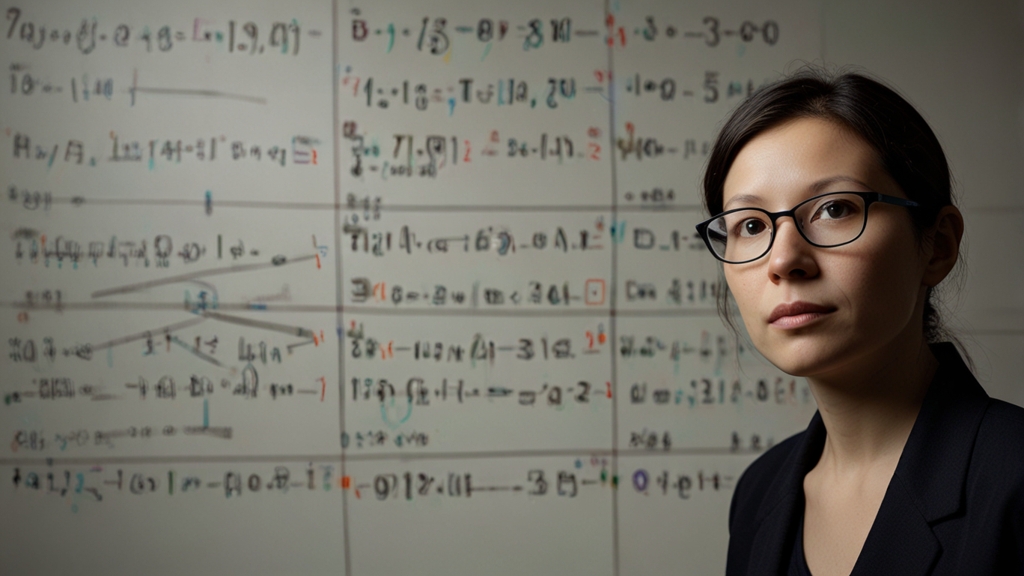Exploring the Rebirth of Ancient Festivals in Contemporary Egypt
Egypt, a land known for its rich tapestry of history and culture, is experiencing a remarkable revival of ancient festivals. These celebrations, which date back thousands of years, are being reimagined and incorporated into the fabric of modern Egyptian society. This fascinating fusion of antiquity and contemporaneity offers a glimpse into how Egyptians are reconnecting with their roots while navigating the complexities of the 21st century.
The Historical Context
Ancient Egypt was a civilization that placed immense value on festivals and rituals. Celebrations such as the Opet Festival, the Feast of Wepet-Renpet (the Opening of the Year), and the Beautiful Feast of the Valley played crucial roles in both religious and social life. These festivals were not just moments of communal joy; they were deeply intertwined with the Egyptians' understanding of the cosmos, life, and the divine.
"The festivals of ancient Egypt were a way for the people to honor their gods, mark the passing of seasons, and strengthen the bonds within their communities," notes Dr. Lara Kamel, an Egyptologist at Cairo University. "They were grand events that involved processions, offerings, music, and dance."
Reimagining the Past
In today's Egypt, there is a growing movement to revive these ancient festivals, albeit with a contemporary twist. This movement is not just about nostalgia but serves multiple purposes, including cultural preservation, education, and tourism. Modern Egyptians, particularly the younger generation, are finding innovative ways to breathe new life into these age-old traditions.
For instance, the Opet Festival, originally celebrated in Thebes and dedicated to the god Amun, has seen a resurgence. Contemporary versions of the festival are organized around Luxor, the site of ancient Thebes. These modern renditions include not just ceremonial processions, but also educational workshops, art exhibitions, and performances that aim to educate both locals and tourists about the historical significance of the festival.
The Role of Technology
Technology has played a pivotal role in this cultural revival. Social media platforms, virtual reality, and digital archives have made it easier to share knowledge and engage wider audiences. Festivals are now live-streamed, and virtual tours of ancient sites allow people from around the world to participate in these celebrations from the comfort of their homes.
"Technology has allowed us to democratize the experience of these festivals," says Ahmed Naguib, coordinator of the modern Opet Festival. "Now, anyone with an internet connection can witness the splendor and significance of our ancient traditions."
Cultural Significance and Community Impact
Reviving these festivals has had a profound impact on local communities. They serve as a source of pride and cultural identity, especially in regions that heavily rely on tourism. Local artisans and performers find new avenues to showcase their talents, and businesses see an influx of visitors eager to partake in the festivities.
Moreover, these celebrations provide educational opportunities. Schools and universities often collaborate with festival organizers to create programs that teach students about ancient Egyptian history in a dynamic and engaging way. This hands-on approach to learning helps instill a deeper appreciation for their heritage among young Egyptians.
Challenges and Criticisms
While the rebirth of ancient festivals in contemporary Egypt is largely seen as a positive development, it is not without its challenges and criticisms. Some argue that these modern interpretations can sometimes oversimplify or commercialize complex historical events.
Others point out the logistical and financial challenges involved in organizing large-scale festivals, particularly in a country with economic and political uncertainties. Despite these hurdles, the general consensus is that the benefits outweigh the drawbacks, as these festivals offer invaluable opportunities for cultural enrichment and economic development.
Looking Ahead
As Egypt continues to embrace its ancient past while forging ahead into the future, the revival of these festivals stands as a testament to the enduring power of cultural heritage. They remind us that history is not something that resides only in textbooks and museums but is a living, evolving entity that continues to shape and inspire us.
Through these celebrations, modern Egyptians are not just honoring their ancestors but are also creating a legacy for future generations. In doing so, they are ensuring that the rich tapestry of Egyptian culture will continue to captivate and enlighten people around the world for years to come.









